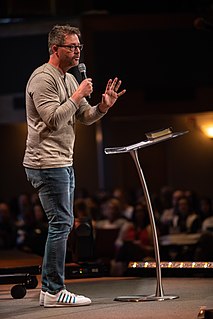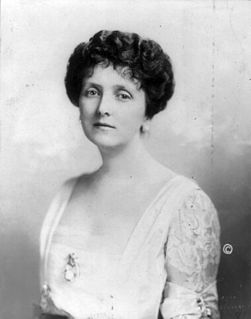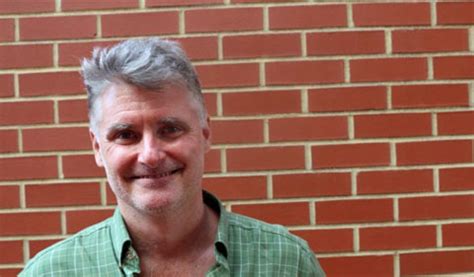A Quote by Henry Giroux
Schools should be democratic public spheres. They should be places that educate people to be informed, to learn how to govern rather than be governed, to take justice seriously, to spur the radical imagination, to give them the tools that they need to be able to both relate to themselves and others in the wider world. I mean, at the heart of any education that matters, is a central question: How can you imagine a future much different than the present, and a future that basically grounds itself in questions of economic, political and social justice?
Quote Topics
Able
Any
Basically
Both
Central
Democratic
Different
Economic
Educate
Education
Future
Give
Govern
Governed
Grounds
Heart
How
Imagination
Imagine
Informed
Itself
Justice
Learn
Matters
Mean
Much
Need
Others
People
Places
Political
Present
Public
Question
Questions
Radical
Rather
Relate
Schools
Seriously
Should
Social
Social Justice
Spheres
Spur
Take
Than
Them
Themselves
Tools
Wider
World
Related Quotes
While our heart for social justice grows out from the gospel, social justice by itself will not communicate the gospel. We need gospel proclamation, for as much as people may see our good deeds, they cannot hear the good news unless we tell them. Social justice, though valuable as an expression of Christian love, should, especially as a churchwide endeavor, serve the goal of gospel proclamation.
The issue of who gets to define the future, own the nation's wealth, shape the parameters of the social state, control the globe's resources, and create a formative culture for producing engaged and socially responsible citizens is no longer a rhetorical issue, but offers up new categories for defining how matters of representations, education, economic justice, and politics are to be defined and fought over. At stake here is the need for both a language of critique and possibility.
The way in which we can promote peace, is by promoting sustainable management of our resources, equitable distribution of these resources, and that the only way you can actually do that, is that then you have to have a political, economic system that facilitates that. And then you get into the issues of human rights, justice, economic justice, social justice, and good governance or democratic governance. That's how it ties up.
The question is not what anybody deserves. The question is who is to take on the God-like role of deciding what everybody else deserves. You can talk about 'social justice' all you want. But what death taxes boil down to is letting politicians take money from widows and orphans to pay for goodies that they will hand out to others, in order to buy votes to get re-elected. That is not social justice or any other kind of justice.
It is my feeling that as we grow older we should become not less radical but more so. I do not, of course, mean this in any political-party sense, but rather in a willingness to struggle for those things in which we passionately believe. Social activism and the struggle for social justice are often thought of as the natural activities of the young but not of the middle-aged or the elderly. In fact, I don't think this was ever true.
Part of the magic of economic growth is how you educate people, and the leading economies have to stay in front of that. From an economic point of view, it affects competitiveness and creates jobs. Or from a social justice point of view, you can take someone in the bottom tier of income and let him compete to be a doctor or lawyer. The education system is the only reason the dream of equal opportunity has a chance of being delivered - and we're not running a good education system.
Compassion, however, should mean providing a mechanism to escape poverty rather than simply maintaining people in an impoverished state by supplying handouts. By doing this we give them an opportunity to elevate their personal situations, which eventually decreases our need to take care of them and empowers them to be able to exercise compassion toward others.
A democratic public forms when citizens gather together to deliberate and make public judgments about local and national issues that affect their lives. By associating together for public discussion, citizens learn the skills necessary for the health of a democratic public; listening persuading, arguing, compromising, and seeking common ground. When these skills are nurtured within the institutions of a democratic public, citizens educate themselves in order to make informed political decisions.


































